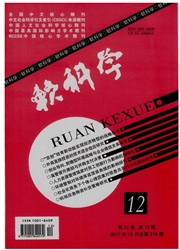

 中文摘要:
中文摘要:
股权激励是现代股份制企业中所有权与经营权分离的条件下,为化解所有者与经营者之间目标不一致而产生的委托代理矛盾的一种长期激励制度.但是,股权激励方案设计时应该考虑哪些关键要素,这在理论界和实践界都存在争议.选取中国上市公司中实施股权激励的公司作为实证研究对象,运用SPSS16.0统计软件对股权激励中的六大设计要素进行了整合性实证分析.研究发现:股权激励方案中股权激励的初始价差、股权激励的激励标的物、股权激励的行权条件等3个要素与公司的绩效有显著的相关关系,是股权激励方案设计中的关键要素,其中初始价差是最有效的要素,而股权激励的有效期、股权激励的比例、是否预留股份等3个要素对公司的绩效影响不明显.
 英文摘要:
英文摘要:
Under the condition of the sepsration between firm ownership and control in modern joint- share companies, equity incentive is a long-term motivation system which can resolve the agent prob- lem caused by the different goals between the firm owners and managers. This paper selected Chinag listed companies which implemented equity incentive as samples, and used the SPSS16.0 to conduct an empirical analysis of six design elements in the equity incentive plan. The results show that among six factors the initial price difference of incentive stock options, the restricted shares, and the condi- tions of exercising options have significant influences on the companies' performance, and therefore they are key incentive factors in equity incentive program design. But there is no statistical signifi-cance of the correlation between equity incentive period, proportion of incentive stock options snd shares a reserved or not with the companies performance.
 同期刊论文项目
同期刊论文项目
 同项目期刊论文
同项目期刊论文
 期刊信息
期刊信息
